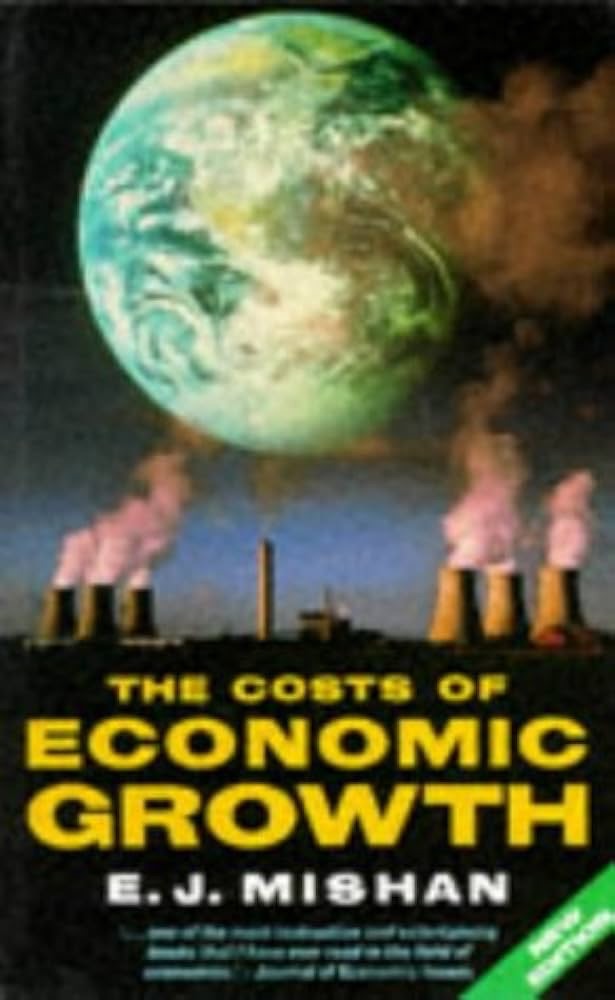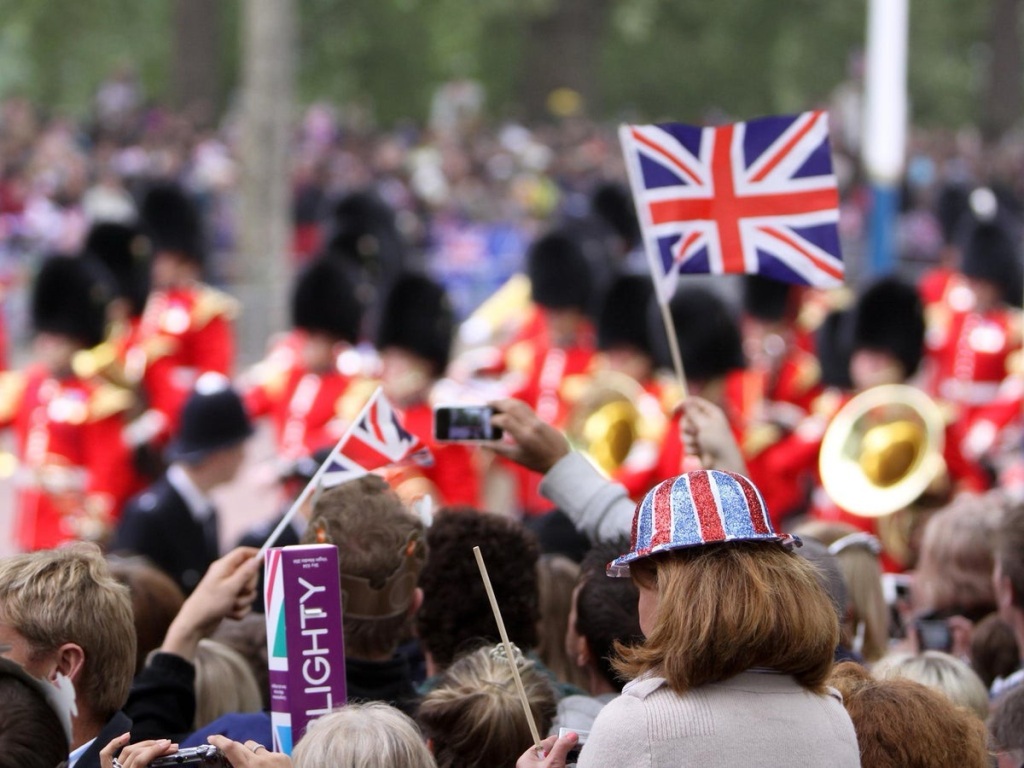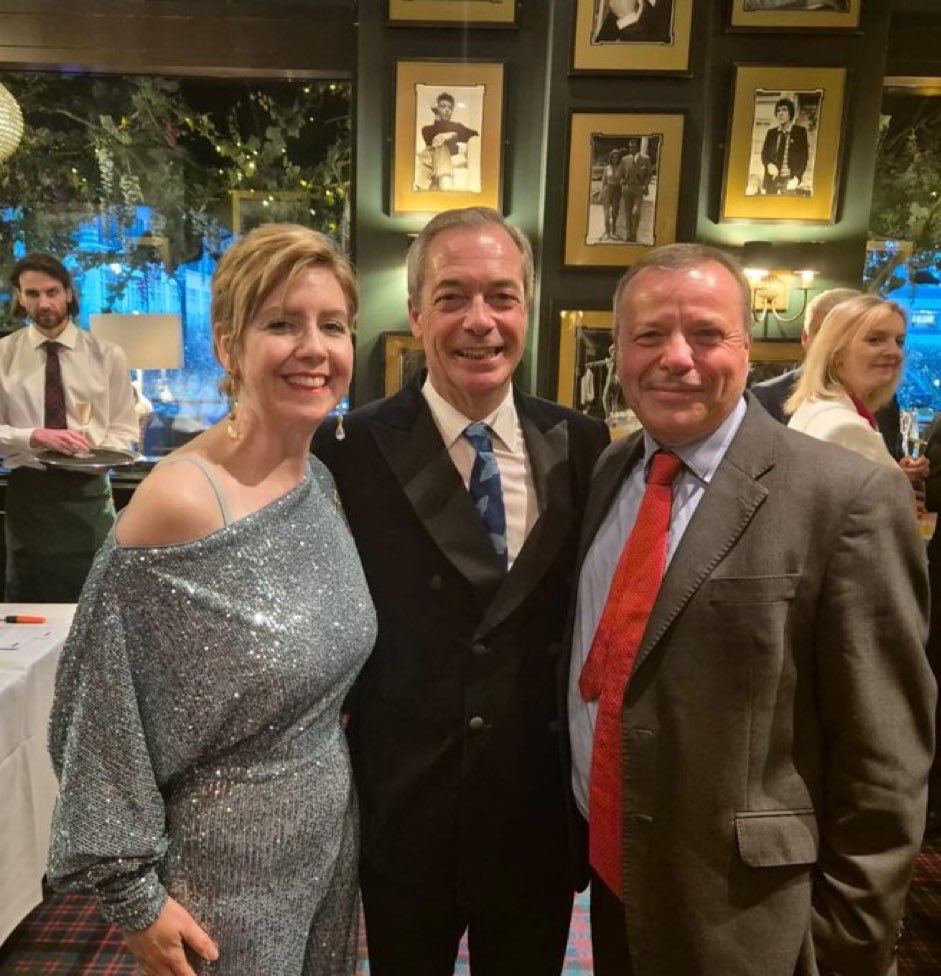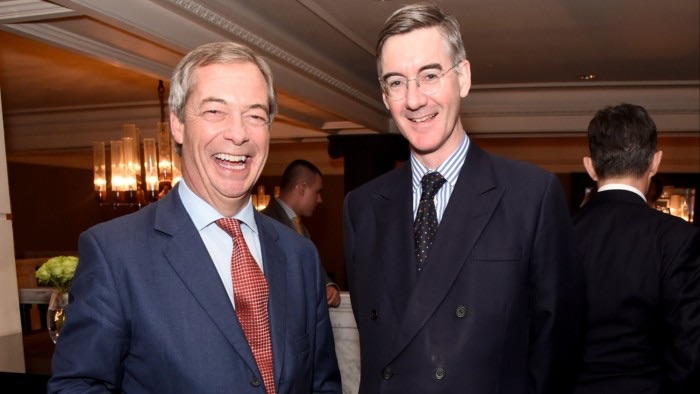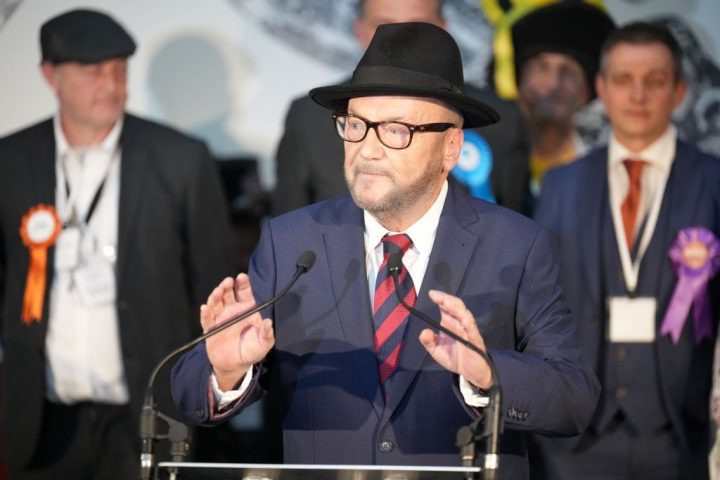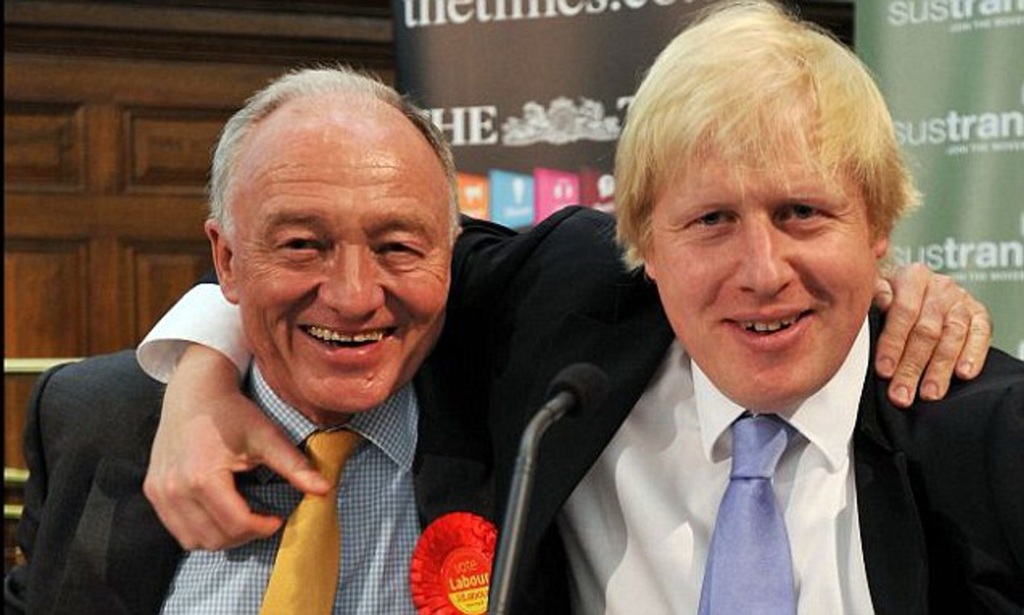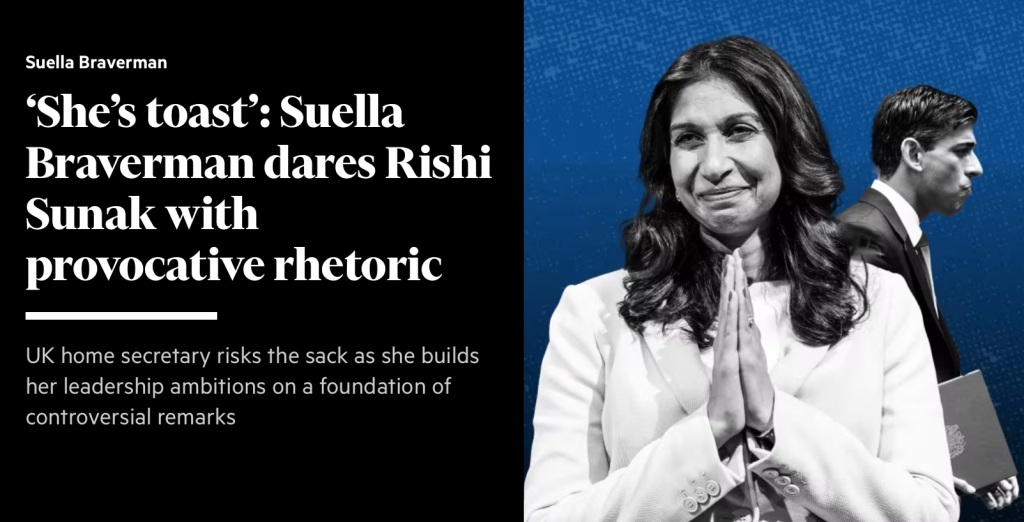Friends will know that among my obsessions (some would say “petty obsessions) is my extreme aversion to the word “iconic”. Check the work of decent writers of the last two hundred or so so years from (say) Jane Austen, via Charles Dickens and Oscar Wilde to Noel Coward and any Booker prize winner and there isn’t an “iconic” to be seen. It’s a modern day neologism used by the vocabulary challenged and hard of thinking. Anyway I thought I’d rant on in more detail about it but found that the American author Garry Berman had done it for me. Here’s what he said:
“I’ve been a professional writer for a long time. I write books, articles, short stories, screenplays, etc. I pay attention to words — not just the words I use, but words that others use as well. And I’ve become convinced that the word “iconic” is now the most overused word in the English language — or, at least, the most overused adjective.
Whether you agree or disagree, please note that this isn’t a scientific finding on my part — no polls, linguistic research, or algorithms were used (or harmed) in the writing of this piece. However, it is the result of extensive observation and scrutiny of our mass media in recent years. And, while I do a lot of writing, I am in no way promoting myself as any kind of Language Police or Grammar Gestapo. I make more errors with my own writing than I care to admit. But I just need to express this…
I will bet you any sum of imaginary money that you will hear the word “iconic” spoken or printed several times this very day, probably within less than an hour after you either sit down to watch TV, listen to the radio or online podcast, skim your news feed, or however you choose to interact with the world. The word seems to have become the favorite go-to adjective of newscasters/reporters, commercials, documentaries, magazines, newspapers, and wherever the English language is found in our culture. I can also guarantee that if you scan down the column of headlines and articles on the Yahoo! or Microsoft Edge home pages on any given day, you will find “iconic” staring back at you two or three times, even before clicking on the actual story.
Yes, in our American culture’s collective laziness and semi-literacy, the thesaurus has apparently become as extinct as the dinosaur (and some might even mistake “thesaurus” for the name of a dinosaur). The result being that we now find nearly every landmark, bridge, skyscraper, bakery, book, film, song, fashion style — you name it — described as “iconic,” even when the subject in question really isn’t, and never was. The other day, I swear I heard an actress described as an “iconic icon.”
An episode of the MeTV program Collector’s Call, which visits nostalgia mavens and their vast, private collections of pop culture memorabilia, reached a nadir of shameful proportions recently: between host Lisa Welchel, the featured collector of ’60s TV items, and the guest appraiser, the word “iconic” was bandied about among the three of them no fewer than eight times in the single, half-hour episode. Other episodes of the show have come close to that shameful total.
Fortunately, there is a generous choice of synonyms that offer the same meaning, any of which could replace “iconic,” yet retain the meaning of the phrase or sentence in which it is used. Just a few:
· legendary
· historic
· famous
· renowned
· seminal
· epic
· celebrated
· illustrious
· fabled
…or just plain “really cool.”
I implore you — use these synonyms! They’re free!
So, how about it, fellow English speakers and writers— any chance of mixing things up a bit and plucking a few words from the above list, or elsewhere, to free them from obscurity, and giving “iconic” a well-deserved rest?
Probably not. The word has somehow permeated our everyday speech and writing quickly and solidly in the past few years, having been absorbed and regurgitated relentlessly and without question on a daily basis, throughout all media — social and otherwise…
So come on, you Millennials, and Generation X, Y, Z, and We’ve-Run-Out-Of-Letters-To-Describe-Ourselves people. Try a bit of variety. Expand your linguistic horizons, just a little. Save “iconic” as you would a fine wine, to be taken out only for special occasions, and then propose a toast to yourself for demonstrating such restraint. I know you can do it!”
